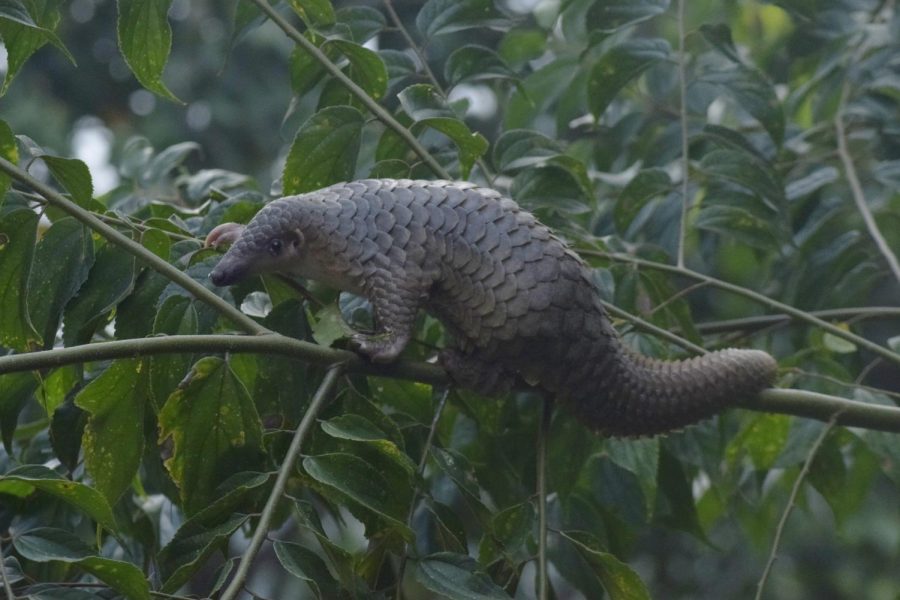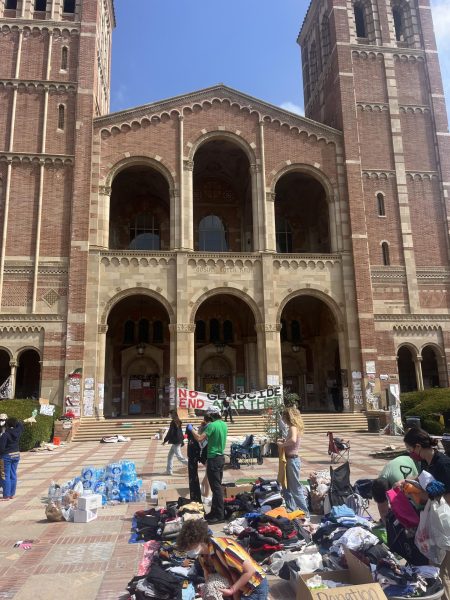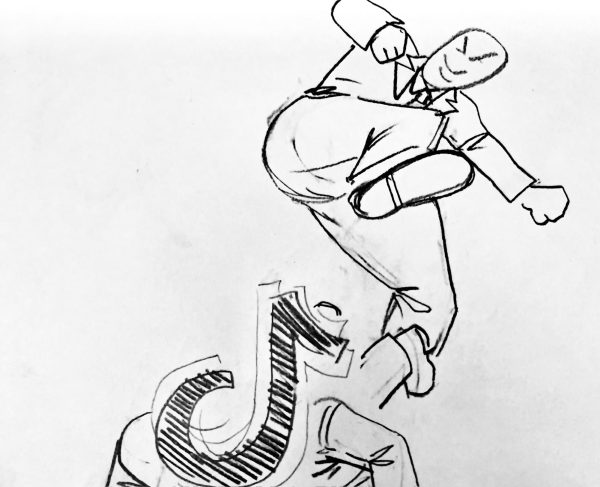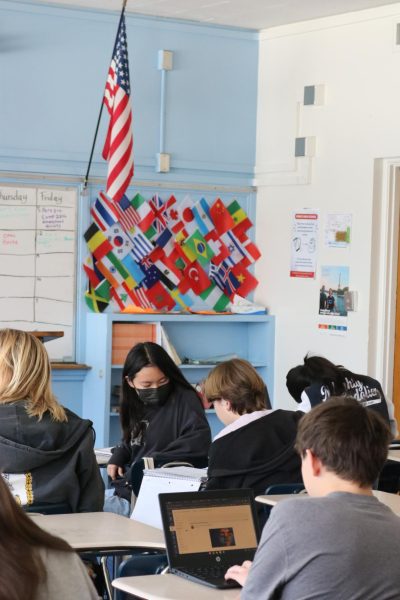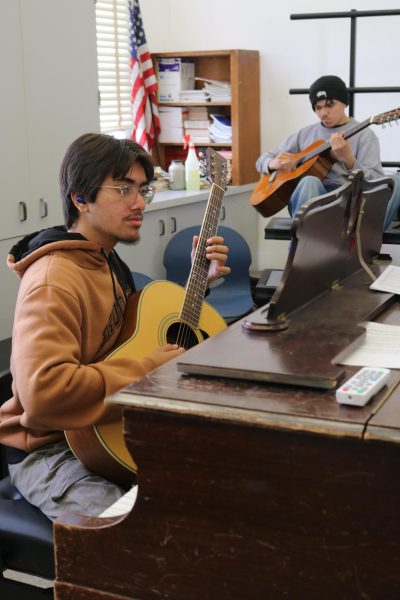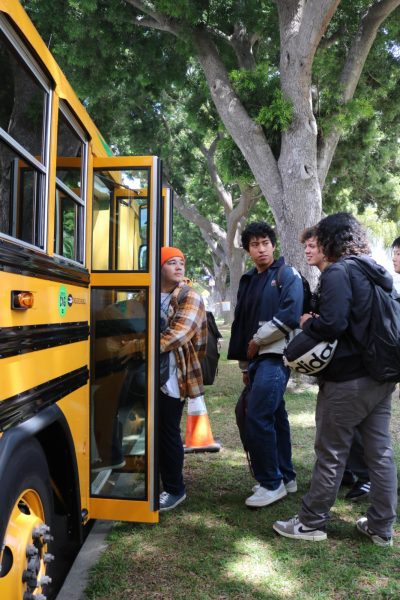The Missing Link between Wildlife Exposure and Public Health
Scientists argue that some pathogens and viruses can harbour in pangolins and transfer to humans in wildlife markets.
May 25, 2020
In countries like China and Vietnam, wild animals are often sold in wet markets and through the wildlife trade — practices which can and have exposed humans to new viruses like COVID-19.
Some scientists believe that pangolins may have served as the host that transmitted the coronavirus from bats to people and caused the ongoing COVID-19 pandemic, according to the article “More Evidence Suggests Pangolins May Have Passed Coronavirus From Bats to Humans” from Science Alert.
Despite the fact that pangolins are protected under national and international laws, they are often sold illegally because “their meat is considered a delicacy and pangolin scales are used in traditional medicine and folk remedies,” according to the World Wildlife Fund.
Trafficked animals are often sold for traditional medicines and as pets, food, and status symbols in places like China and Vietnam, according to the article “Billion-dollar Wildlife Industry in Vietnam under Assault as Law Drafted to Halt Trading” by The Guardian. In many countries around the world, wildlife traders smuggle wild animals despite wildlife protection laws.
The Chinese Wildlife Protection Law prohibits the selling and trading of wild animals that are listed as special status and therefore illegal to trade, according to the Guardian article. The prime minister of Vietnam recently asked the agricultural ministry to draft a law to stop the wildlife trade, following a similar move in China.
Poor regulation and lack of education about species protection in the wildlife farming industry is a major component as to why most farmers almost never face prosecution, wrote Douglas Hendrie, director of enforcement for the environmental organization Education for Nature Vietnam (ENV), in the Guardian article.
Professor Andrew Cunningham from the Zoological Society of London explained how diseases can jump from wild animals to human hosts, causing new diseases in humans, according to an article by BBC News.
“Mixing large numbers of species under poor hygienic and welfare conditions, and species that wouldn’t normally come close together gives opportunities for pathogens to jump species to species,” Professor Cunningham explained.
Educating people about the health risks could possibly lessen the chance of pandemics occurring in the future, says virologist Brian Bird, who does his research at the University of California, Davis School of Veterinary Medicine and studies the effects of Ebola in West Africa.
Bird explained plans should be implemented to prevent developing health crises. “Diseases are more likely to travel further and faster than before, which means we must be faster in our responses. It needs investments, change in human behaviour, and it means we must listen to people at community levels.” he said in the article for The Guardian titled, “Tip of the iceberg: is our destruction of nature responsible for Covid-19?”

